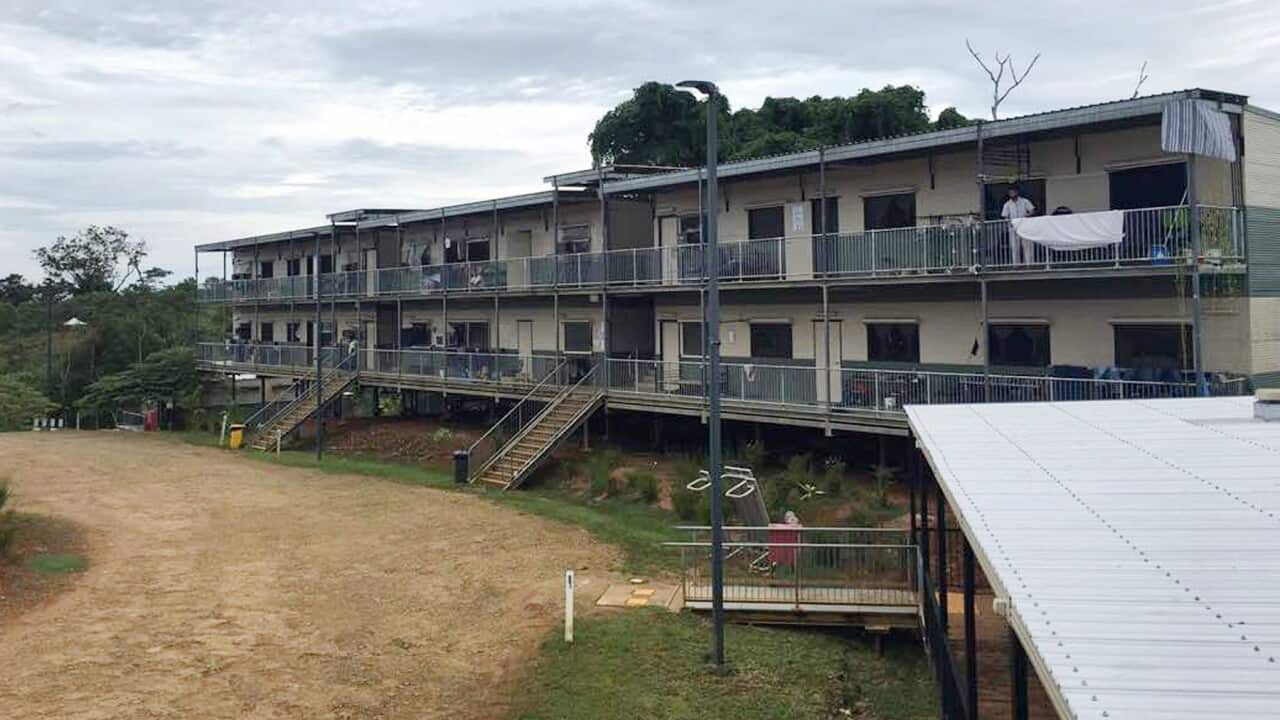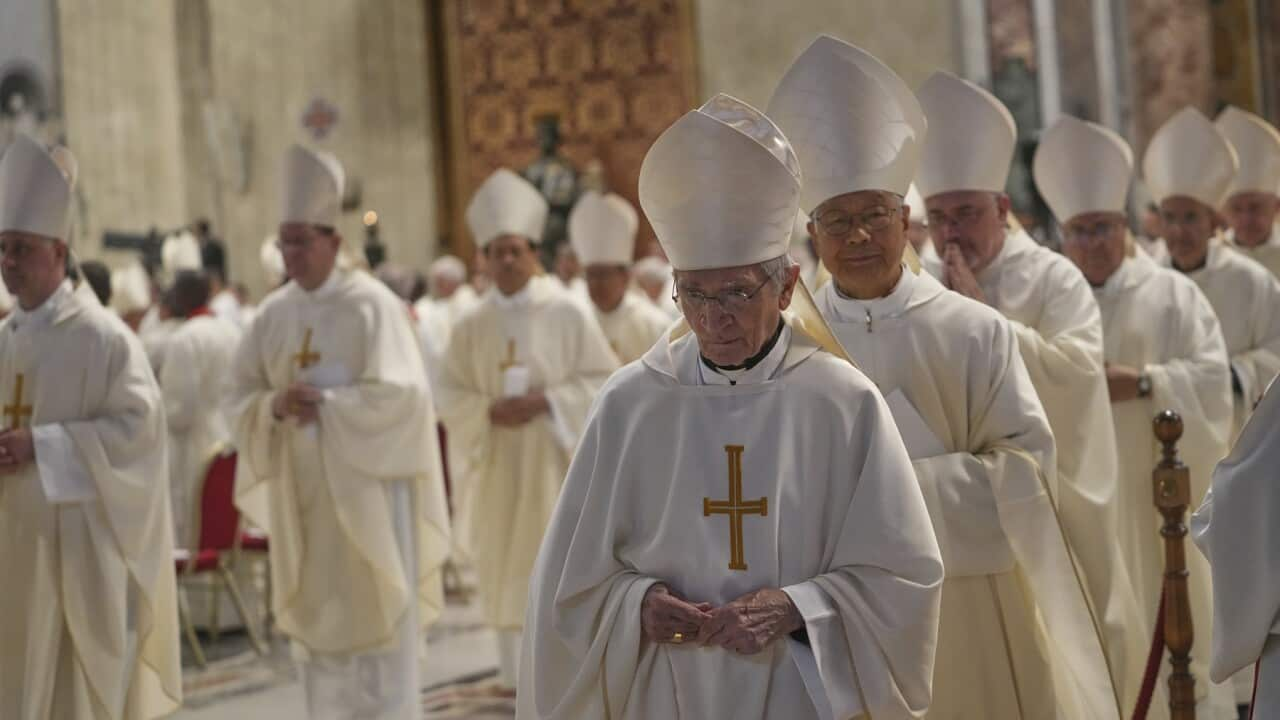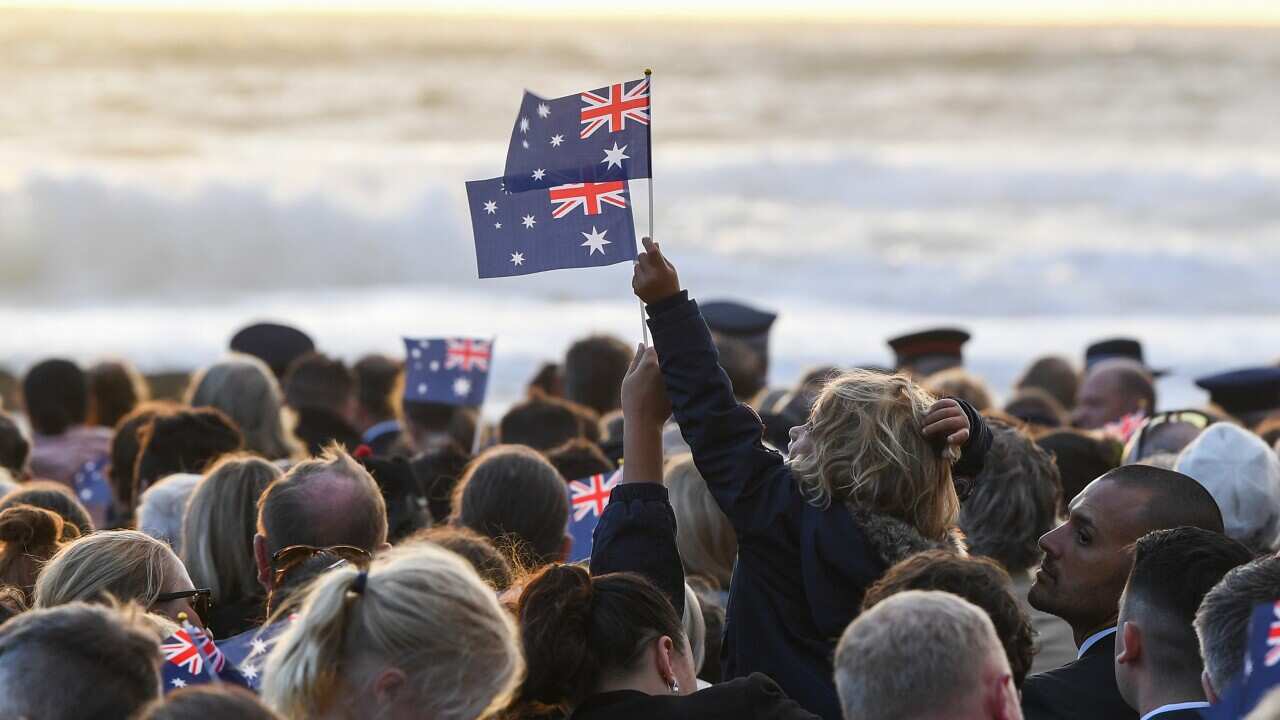TRANSCRIPT
A number of asylum seekers still stuck in Papua New Guinea [[P-N-G]] are struggling for their survival in difficult conditions.
The refugees are forced to deal with difficult conditions, as they're sometimes unable to cover their most basic needs.
This constant struggle has an impact on their mental wellbeing.
Jana Favero is the Deputy Chief Executive of the Asylum Seeker Resource Centre [[ASRC]].
"They've been living in accommodation, to be told one week, you're going to be evicted, and then they're not evicted. They turn up to hospitals to get treatment, sometimes they don't get treatment. So it's been ten years of absolute limbo and uncertainty, of family separation. So they've really faced every single hurdle imaginable that we could put in front of someone who's just trying to rebuild their lives and finding somewhere safe. It also means that they don't necessarily have enough money to eat, sometimes they don't have enough money to get on a bus, we've seen the deteriorating conditions in Port Moresby."
The P-N-G Immigration and Citizenship Services Authority [[ICSA]] has pledged to allocate a small amount of financial support for the refugees, provided they can meet certain requirements.
Asylum seekers will be provided with $348 if they're single or $414 if they're a couple per week, with slightly more provided to those with children.
However in order to receive this allowance, the asylum seeker will need to sign an agreement to vacate their current premises.
Ms Favero says these allowances are not a solution to the situation.
"What we saw about a year ago is the Australian government ceased support for those men and then, through a huge amount of advocacy and public pressure, there's been an announcement of a reinstatement of that support. However, unfortunately, it's not enough. And we are really calling for people to be evacuated to Australia while awaiting their resettlement outcomes. The only way they'll be able to rebuild their lives and their health is by being somewhere safe."
Despite calls to transfer the refugees to Australia, the federal government has been evasive on the issue.
A petition signed by over 11,000 people presented by the A-S-R-C towards members of Parliament had little effect.
The A-S-R-C's Detention Policy Casework Lead Heidi Abdel-Raouf has accused the government of attempting to shelve its responsibilities.
"The Australian government has tried to abdicate their responsibility for the refugees and the people seeking asylum to the PNG government. However, they cannot absolve their responsibility and their duty of care to these people who they banished to Papua New Guinea more than eleven years ago. And so, the refugees are so unwell, the Australian government must medically evacuate them to Australia for urgent medical treatment. But in the interim, the refugees and their families must have access to safe accommodation, medical care and food."
A report from the A-S-R-C showing the damning situation that those stranded in P-N-G are faced with.
The data shows that 100 per cent of the refugees in the area are suffering from physical health conditions and 88 per cent from mental health issues.
Sixty per cent reported issues with limited health care.
Ms Abdel-Raouf describes an instance of a family of refugees that are currently held in the country.
"There's one family who I'm working with at the moment with two small children and they are awaiting resettlement. They have been issued with eviction notices and moved on a number of occasions. They have had a lot of difficulty accessing medical care."
But although these people are forced to contend with numerous issues affecting their physical and mental wellbeing, the government seems unwilling to intervene.
Ms Favero says that although there has been individual support and community initiatives to get the refugees the help that they need, they can't seem to get past that final hurdle.
"There are many good politicians in Canberra who have been requesting evacuation. There are many people within the Labor party that were in the Opposition, they were also requesting evacuation. And also there are experts requesting (evacuation), all the evidence is pointing to evacuating people, the precedent is set there, so it's really because of lack of political will and lack of political courage. There's such a groundswell of community support, we delivered a petition to Parliament in August which tens of thousands of people had signed demanding that people be evacuated to safety. So public support's on the side of evacuation, humanity's on the side, there are politicians who are on the side, it's just that unfortunately the government hasn't taken that next step to act humanely, and there's really no reason for it."
When asked if there were any criminals or dangerous elements among those detained in Papua New Guinea, the A-S-R-C's Heidi Abdel-Raouf provided no comment.













